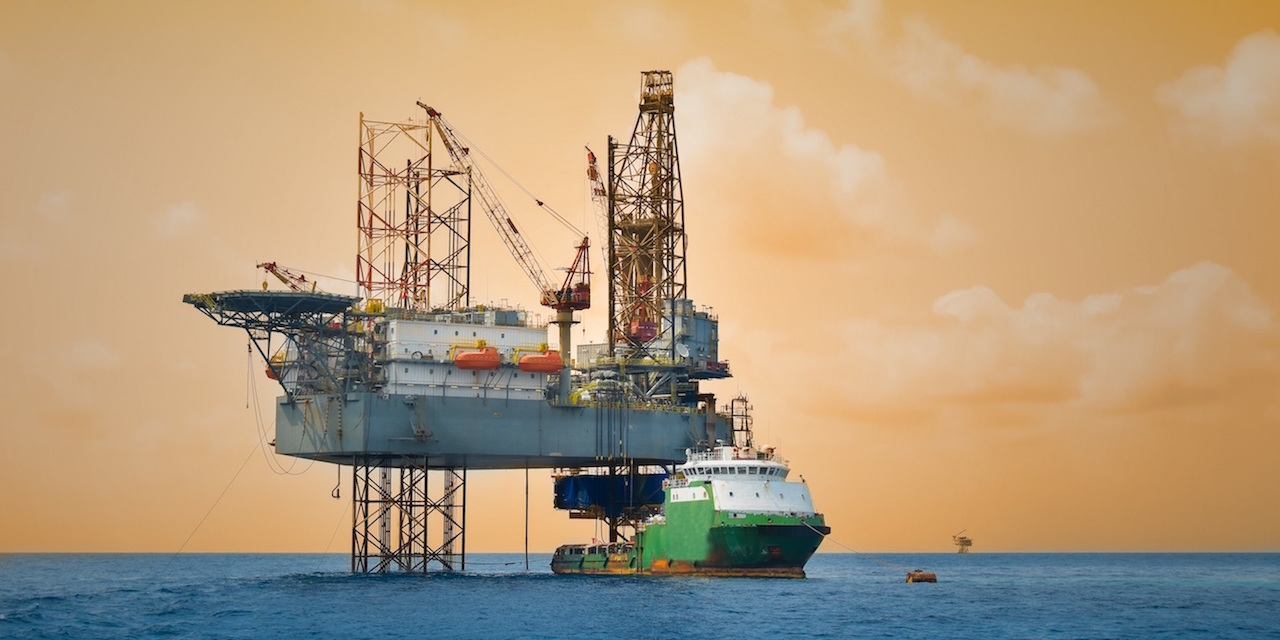NEW ORLEANS - New safety regulations for offshore drilling rigs -- primarily spurred by the 2010 BP Deepwater Horizon rig blowout -- were passed recently, but it's too soon to tell if they will help Louisiana or hurt it.
"I don't think we can predict whether the new regulations will result in more harm than good," Sarah Casey, an associate attorney for the Baker Donelson law firm, told the Louisiana Record.
Last week, the U.S. Department of the Interior, and the Bureau of Safety and Environmental enforcement announced the new regulations, which came after the Deepwater Horizon disaster killed 11 of the rig's workers and leaked millions of gallons of oil into the Gulf of Mexico, severely damaging the ocean and coastal environments.
"The Deepwater Horizon disaster brought the dangers of offshore drilling to the forefront of the nation's consciousness and highlighted the enormous consequences of insufficient safety procedures, poor decision-making and the failure of safety devices," Casey said.
That disaster was caused by a failure in a device called the blowout preventer, so most of the new regulations focus on that. Now, companies will be required to use better-equipped preventers, and the devices will have to be broken down and inspected every five years. The new regulations also set new specifications for well design, as well as requiring real-time monitoring by onshore experts of well drilling deemed to be more complex.
While most will see the prevention of disasters such as the BP Deepwater Horizon rig as a positive, there's concern among some in the oil and gas industry that these regulations might have gone too far. The new costs associated with the drilling process might lead some companies to scale back drilling or even not drill wells they had planned to.
"The expense involved may certainly inhibit offshore drilling in the future and perhaps unnecessarily so, given that the regulations go beyond addressing the factors that contributed to the Deepwater Horizon disaster," Casey said.
Casey went on to point out that many of the new regulations were actually already being followed by the industry after self-imposing some of those rules.
While the industry has balanced safety with the cost margin, the government regulations impose additional costs above what the industry has already done. And it's that cost that could make the real difference, at least in the short term.
"If the regulations are enforced as is, the industry will be forced to make the appropriate adjustments to live with them, but given the current economic climate, the associated expense could severely impact some operators," Casey said.
